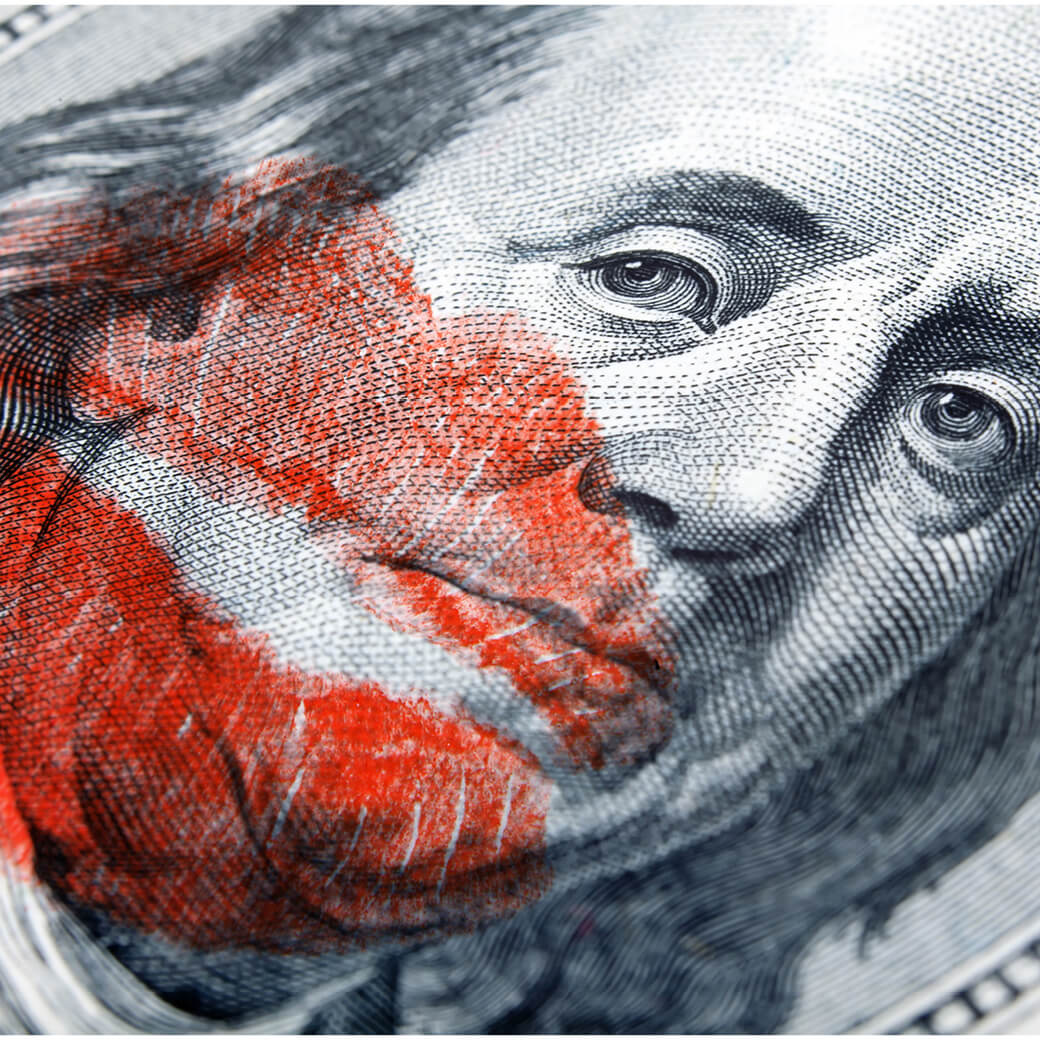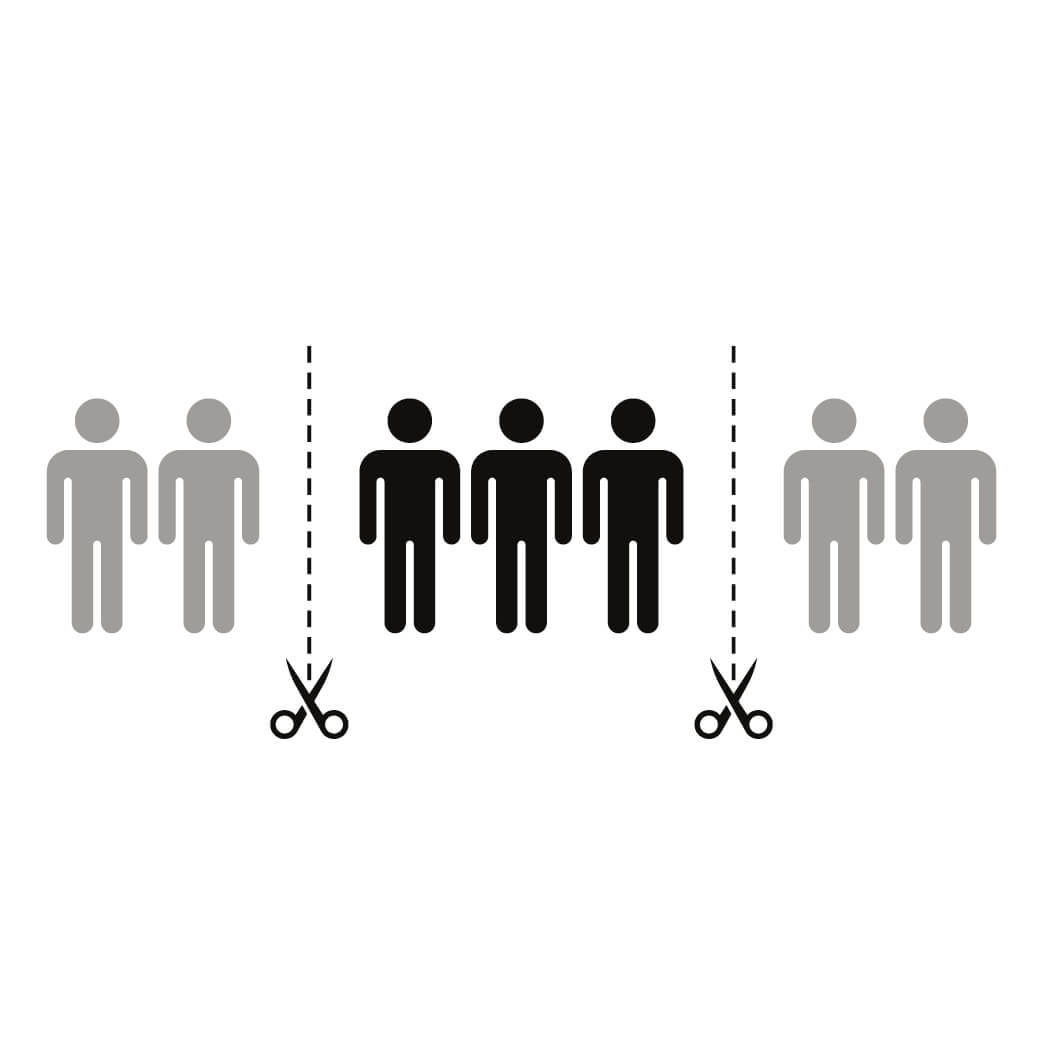
In the fine tradition of ruined holiday meals everywhere, it seems like the perfect time of year to talk about religion.
A while back, before I moved out to the wilds of Santa Barbara wine country, I attended a church in Santa Barbara called Ocean Hills. One Sunday, the pastor called me out from on stage (in a friendly way) to tell the congregation about an app I have on my phone.
However, before I get into that story, I’ll get into this one. A couple of weeks ago I attended, on behalf of what I only somewhat jokingly refer to as the “smallest non-profit in Santa Barbara,” (*details at bottom if interested) an annual nonprofit celebration event.
At some point during the luncheon, the person next to me said something, I don’t quite recall what, that made it clear to me that he was of the Christian faith. I’d been planning to begin an informal survey of Christians, so I decided to start with him.
“What do you think Muslims think of Jesus?”, I asked. He pondered this for a moment and said, rather as I expected, that he imagined that they don’t like him much at all. At which point I informed him that Jesus is actually a highly revered and venerated figure in Islam. His name is mentioned throughout the Quran. Much as in Christianity, in Islam, Jesus was born to the Virgin Mary (who gets more mention in the Quran than she does in the Bible) and he was raised to heaven and he will come again (the second coming) to defeat the anti-Christ. Whenever his name is mentioned, (Isa in Arabic) devout Muslims say, “Peace be upon Him.” And it has been recognized for 1,400 years that God and Allah are the same deity.
My seat-mate’s mind was blown. He had no idea of any of this. This was no surprise to me. My (very unscientific) guess is that 90% or more of Christians have zero idea of these facts. But the bigger question should be, how is it possible that he did not know this already?
I refer back to my last essay about “Cui Bono,” and ask the same question here: To whom is it a benefit that Christians imagine that Muslims hate Jesus? The reality is that it becomes easy to sway the opinions, thoughts and behaviour of millions of people if they think that millions of other people hate the person they worship. What happens when they find out that that is not true? Well, I’m now on that mission and I’ll keep you posted.
The greatest fear of authoritarians and despots is that people stop saying “Yes!” and start asking “Why?” Over the course of the centuries, Muslims vs. Christians has been a very handy go-to to stoke conflict and steer behavior.
Back to the app.
I had mentioned to my pastor that I have a Muslim app called “Pillars” on my phone. It is a Muslim call-to-prayer app. I sometimes muse that Islam is like Christianity 2.0 and I have a little hypothesis that I sometimes relate to illuminate this: If you were driving on some dark stormy night in a rainstorm in the middle of nowhere and your car broke down and you then realized that you had forgotten your wallet and phone but you spied a small village up ahead, you’d likely be in better shape if it were a Muslim village. Because if it were, you would sleep in a bed that night, even if it were the person’s only bed. And you would eat that night, even if it were the person’s only food. That level of generosity and kindness to strangers is baked into the Muslim faith.
You might rightly say that it is also baked into the Christian faith, but here is the “2.0” feature of Islam: When Muhammad received his revelations from Allah, Christians had been at it for 600 years already; plenty of time for people’s weaknesses to show through. And what is demonstrated by many Christians worldwide on a weekly basis is that you go to church on a Sunday and by Wednesday, you are a looooong way from last or next Sunday and coming to terms with your maker. And so Muslims have a feature that ensures you get that warm bed and that dinner when the car breaks down: Prayer, five times a day. For any level of devout Muslim, there is only so much trouble you can get into when you have to drop down on your knees and report to headquarters five times a day.
And so that is why I have that Muslim app on my phone. I’d recommend it to anyone, no matter what your beliefs, including if you are atheist. Because when you stop and take a pause in your day, five times a day and you take a breath, ask for help, ask for peace, ask to see people at their best, ask to find love in your heart at challenging times, when that guy just cut you off in traffic….
Well, it reminds me of my favourite quote from Goethe: “Act boldly and mighty forces will come to your aid.” And whether you believe those forces are supernatural or of your own creation, they are a wonderful and powerful reset.
Somewhere in this discussion I am reminded of two other quotes directly from the bible that I often had problems understanding: “The meek shall inherit the Earth.” And “It is easier for a camel to pass through the eye of a needle than for a rich man to enter the kingdom of heaven.”
Both of those puzzled me for years. But I finally realized that it is not saying that God has something against rich people. It is saying that the life one has to lead to “get into heaven” is generally rather antithetical to the life one might pursue to become extremely rich.
And again, this is the case no matter what your beliefs, and whatever you might believe heaven is or is not. The “meek” inherit the Earth because they understand what service to others is. They understand that the real joy of life does not come via unending piles of stuff and money, but by love of their fellow humans. The “rich” are too busy trying to own the Earth or worrying that their super-yacht is not quite big enough, while the “meek” are basking in love.
So, fellow Christians, it turns out that 1.8 billion Muslims don’t hate you after all. I mean, a few do, but so does your mother-in-law.
Take a few minutes, or the rest of your life, to consider what might happen if we refused to believe that large people groups, Muslims, or everyone in China, or Democrats/Republicans were our sworn enemies. And you refused to be theirs.
I’m not suggesting that we shut down the Department of Defense or stand waving pieces of paper that “guarantee peace in our time,” but when you assume enemies, you create enemies, when you assume friends, you make friends.
What happens when we assume friendship until otherwise proven?
I’ll be working to let you know, Friend.
(For information on the above-mentioned non-profit, see www.magoosshoes.org)

When humans face true cataclysm, we pull together. When it’s about money and power, not so much.

When people see public health messages directed at them, they are very aware that others can see them also and it can trigger concern of how other people in the community now think about them.
People seek to have power over their own lives. Teens, adults, older adults – everyone. What happens when they feel powerless? What happens when you or your communications make them feel they have less power?
The way we talk to others demand that they accept an identity for themselves, and sets up a particular relational dynamic. If we're not careful, that identity can be stigmatizing or turn away the very people we're trying to help.
Get the latest posts and updates delivered to your inbox.